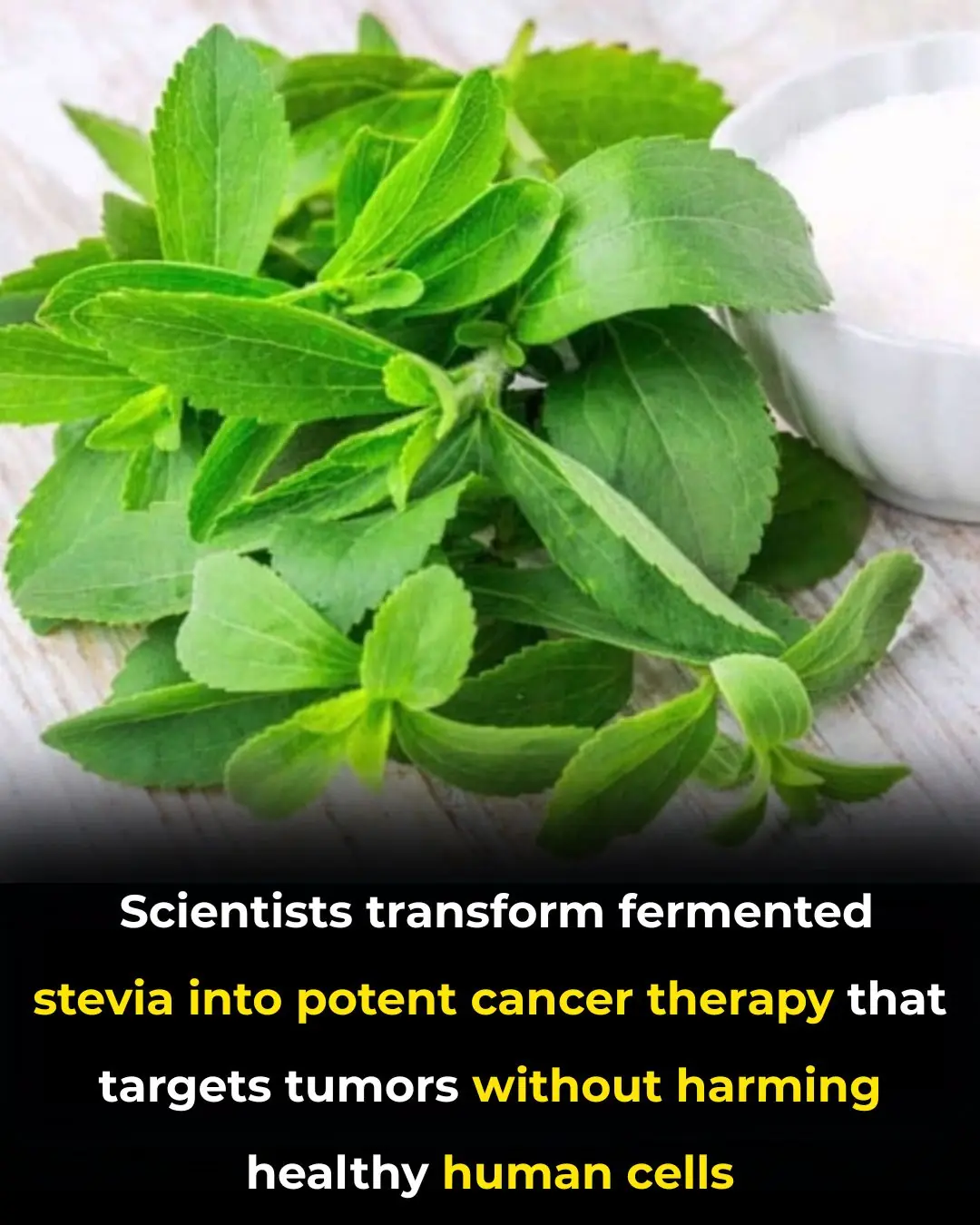
Nature’s Defense: How Guava May Support Liver Health and Fight Cancer Cells
Emerging scientific research is shedding new light on the powerful health potential of guava, a fruit long valued in traditional medicine. Recent laboratory studies have identified several naturally occurring compounds in guava—such as flavonoids, carotenoids, and vitamin-rich antioxidants—that may help protect liver cells from damage and even play a role in slowing the growth of certain cancer cells. These findings suggest that this everyday fruit could offer more significant health benefits than previously understood.
Researchers have discovered that guava’s bioactive compounds possess strong antioxidant properties capable of reducing oxidative stress, a process that contributes to cellular damage and chronic disease. Oxidative stress is linked to inflammation, liver dysfunction, and various cancers. By neutralizing harmful free radicals, guava may support the body’s natural defence systems and improve cellular resilience. A study published in Food Chemistry found that guava leaf extracts exhibited notable antioxidant and hepatoprotective activity, suggesting a possible role in liver health (Source: Food Chemistry, 2011, DOI:10.1016/j.foodchem.2011.03.073).
Additional laboratory research indicates that guava extracts may help inhibit cancer cell proliferation by disrupting specific pathways that influence tumor growth. In vitro studies have shown that certain compounds in guava leaves—such as quercetin and lycopene—may interfere with the spread of cancer cells, especially those affecting the prostate, breast, and digestive system. A review published in the Journal of Medicinal Food reports that guava’s phytochemicals exhibit promising anticancer mechanisms, though more work is needed to understand how they function in the human body (Source: Journal of Medicinal Food, 2010, DOI:10.1089/jmf.2008.0305).
These findings contribute to a growing body of evidence that plant-based foods rich in antioxidants could serve as powerful allies in disease prevention. While research is still evolving, nutrition experts suggest that incorporating guava—or its extracts—into the diet may provide a natural layer of support for liver function, immune strength, and cellular health. The fruit is already recognized for its high vitamin C content, fiber, and anti-inflammatory properties, reinforcing its reputation as a nutrient-dense superfruit.
Although clinical trials on humans are still limited, scientists remain optimistic about guava’s medicinal potential. As research continues, guava-derived compounds may one day be developed into targeted therapies that support liver protection, complement cancer treatments, or help reduce disease risk through natural means. This growing interest highlights how familiar fruits may hold surprising and powerful benefits, reminding us that nature’s everyday offerings can have profound effects on long-term health.
News in the same category


A Simple Superfood That Enhances Your Baby's Brain Development During Pregnancy

The Powerful Role of Eggs in Supporting Early Memory and Learning in Babies

📱 The End of Wallet Clutter: Apple’s Digital ID Revolutionizes Identity Verification and Travel

Lighting the World Without Batteries: A Teen’s Breakthrough in Thermoelectric Innovation

Judy Faulkner: The Billionaire Tech Entrepreneur Pledging 99% of Her Fortune to Philanthropy

🤝 The Collaborative AI Future: OpenAI Launches WhatsApp-Like Group Chats in ChatGPT

Unlocking Nature’s Medicine: How Fermented Stevia Could Transform Future Cancer Treatment

True Devotion in Fatherhood: The Power of Showing Up, No Matter the Circumstances

🇯🇵 Innovation with Compassion: Japan's Heated Benches Offer a Practical Solution to Protect the Homeless

🔦 Stepping into the Upside Down: How Netflix is Revolutionizing Fan Engagement with Immersive Stranger Things Experiences in London

Historic Transcontinental Robotic Surgery: Doctor in Rome Performs Live Surgery on Patient in Beijing

🧠 The Nocturnal Rinsing Cycle: Deep Sleep, CSF Dynamics, and the Fight Against Alzheimer's

When Convenience Becomes a Crisis: The Global Impact of Ultra-Processed Foods

🌊 A Paradigm Shift in Urology: Non-Invasive Shock Wave Lithotripsy Revolutionizes Kidney Stone Treatment

Targeting a Hidden Brainstem Circuit: New Breakthrough Reverses Core Autism Symptoms in Lab Models

AI Models Ignoring Human Shutdown Commands: A Growing Concern for Safety and Control

Portuguese Mother Discovers Her Twin Boys Have Different Fathers in Rare Case of Heteropaternal Superfecundation

Revolutionary Magnetic Microrobots Could Transform Stroke Treatment with Targeted Therapy
News Post

Unlock Radiant Skin: The Ultimate Guide to Using Beetroot Gel for Glowing, Spotless Skin

Fenugreek Seeds for Hair Growth: The Power of Fenugreek Hair Rinse and Its Benefits for Hair

Japanese Milk Wax To Get Rid Of Unwanted Facial Hair

When Will I Outgrow My Acne? The Difference Between Adult and Teen Acne

5 Mascara Tips For Short Lashes

LEVEL UP YOUR LASH GAME: Top 5 Tips for Eyelash Extension Success!

Forehead Acne and What to Do About It

11 Common Eyebrow Mistakes Women Make in Their 60s (And How to Fix Them!)

How to Prevent and Treat Age Spots: Expert Tips for Radiant Skin

5 Ways Your Skin Changes as You Age and How to Keep It Vibrant

DIY Fenugreek Oil for Hair Growth – Get Thick Hair

Brow Boosting Serum: The Natural Way to Achieve Full, Thick Eyebrows

Why You Should Be Putting Salt in Your Toilet

Why Some Children Don’t Visit Their Parents Often

DIY Vaseline Cream: The 4-Ingredient Glow Hack That Makes Your Skin Baby-Soft Overnight

DIY Fenugreek Hair Masks for Hair Growth & Reducing Hair Fall

Will Americans Receive $2,000 Stimulus Checks? What You Need to Know

Revolutionary Miniature Implant Offers New Hope for Restoring Vision in Macular Degeneration Patients

A Simple Superfood That Enhances Your Baby's Brain Development During Pregnancy
